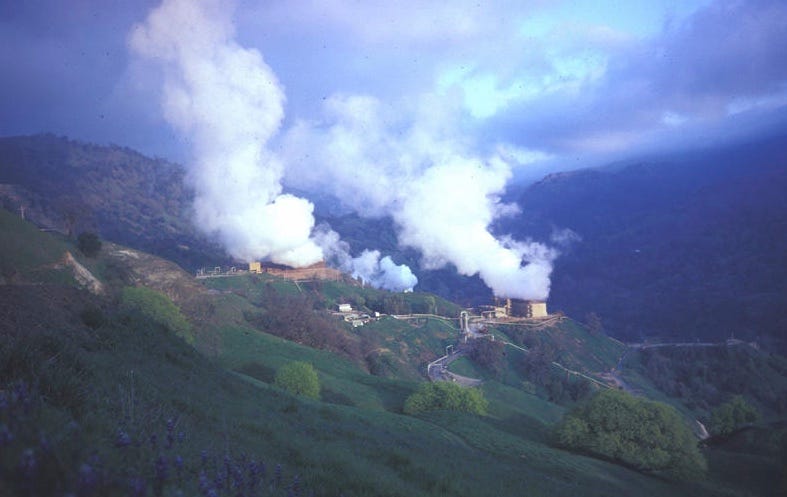Carbon offsets are the new Bitcoin; plus Trane's high ESG bar on exec comp
Welcome to Callaway Climate Insights, and happy Cinco de Mayo. Please enjoy, and share with your colleagues.

As carbon markets develop around the world, where polluters can pay for excess polluting by buying credits like a baseball team uses fines to exceed a salary cap, the integrity of carbon credits is becoming an urgent issue.
The credits sold to the polluters by owners of pristine forestland around the world are almost impossible to value properly; the Bitcoin of the climate world, if you will. Two major news investigations this week highlight the problem in dramatic detail.
One piece, written by ProPublica about a report by San Francisco-based CarbonPlan, estimates that up to a third of $1.8 billion in credits issued in a Northern California plan weren’t yielding any carbon benefits. So polluters were paying to add more carbon into the atmosphere that wasn’t offset, to the tune of the equivalent of 8.5 million car exhausts.
Another by The Guardian and Earther, the investigative arm of Greenpeace, found inconsistencies in 10 credit schemes used by airlines to pay for their fossil fuel use.
Like environmental, social, and governance funds and stocks, the metrics around carbon credits are still forming. Groups like Verra, a non-profit with some of the world’s most complete carbon standards, are doing great work to develop the market.
But like Bitcoin, it’s a developing market with lots of inconsistencies, often tied to the diversity of types of trees in the forests being measured, or the promised lifespans of those forests as part of the offset deal. As carbon markets become more sophisticated, the development of better industry standards will become a profitable quest.
More insights below. . . .
Don’t forget to contact me directly if you have suggestions or ideas at dcallaway@callawayclimateinsights.com.
Wednesday’s subscriber insights: A sample of our best offerings

. . . . Trane Technologies, which topped earnings estimates Wednesday, also announced an executive compensation plan that links ESG metrics to performance, setting a high bar at the beginning of a new bonus trend in corporate America. Read more here. . . .
. . . . Geothermal and tidal technologies often get left behind in discussions on renewable energy, as solar, wind and hydro take center stage, but a spate of deals in the two industries is calling attention to the value of consistent renewable energy. Read more here. . . .
Editor’s picks: The newest cicada invasion - trillions of them - comes early, thanks to climate change

Trillions of Brood X cicadas will be here in days, at most a few weeks. They’re emerging from their 17-year underground sleep earlier than usual because of climate change, scientists say.
Editor’s picks:
Climate change is bringing trillions of Brood X cicadas out early
Democrats propose $73 billion for clean buses, transit
New tech: Used EV batteries could store solar energy
Data driven: Don’t buy it
4.2 billion
. . . . equals the number of consumers globally, right now. If everyone lived like Western consumers we would need five planets to support us, according to TheWorldCounts. The consumer class will grow from 3.5 billion in 2017 to 5.6 billion by 2030. A consumer is defined as someone able to buy goods and services beyond the satisfaction of basic needs. . . .


